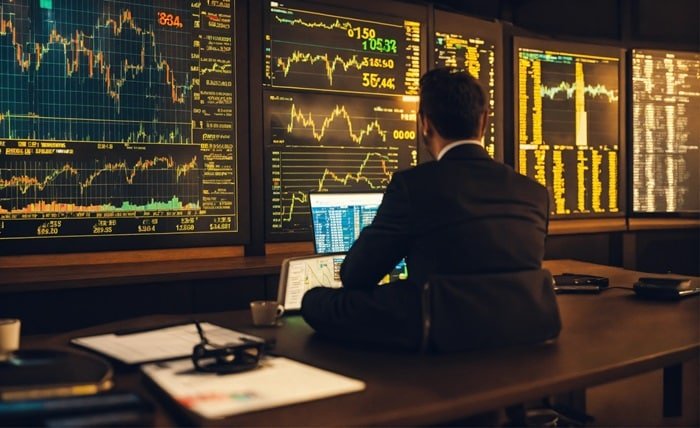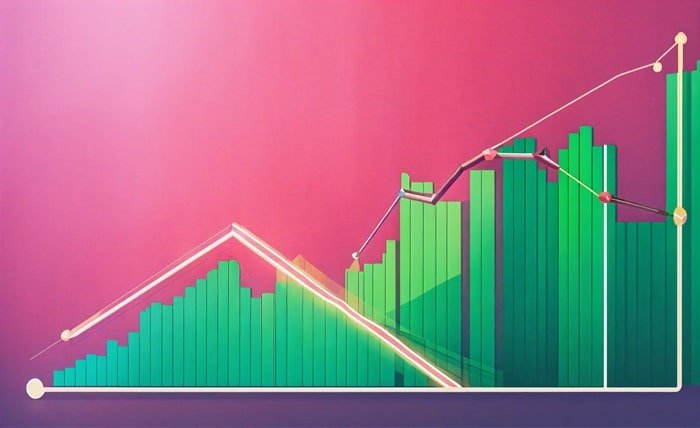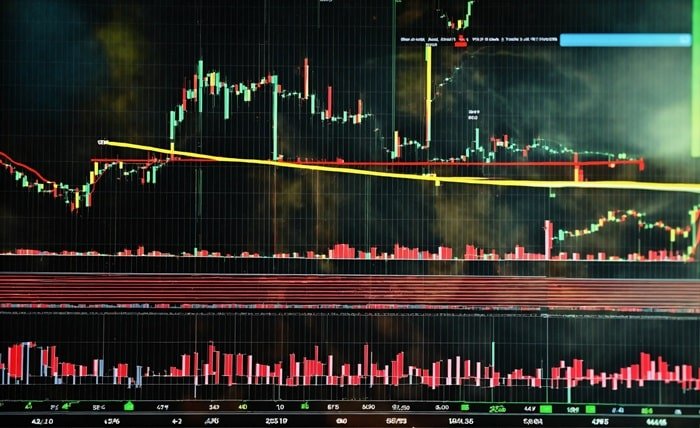The allure of the forex market, the vast global exchange where currencies are constantly traded, is undeniable. But for those new to the scene, the world of forex traders can seem complex and intimidating. This guide unpacks the essentials, equipping you with the knowledge to confidently enter the exciting realm of forex trading.
Who are Forex Traders?
Forex traders are the market movers and shakers who buy and sell currencies to profit from fluctuations in exchange rates. They come in various forms:
- Speculative Traders: These are the most common type, seeking to capitalize on short-term currency movements through buying and selling positions.
- Hedgers: These traders strategically use forex to manage risk, often for businesses engaged in international trade. They aim to lock in exchange rates to avoid future fluctuations.
- Arbitrageurs: These market mavericks exploit tiny price discrepancies between different forex markets to make quick profits.
Understanding the Tools of the Trade
Forex traders rely on a specific arsenal to navigate the market effectively:
- Fundamental Analysis: This involves studying economic data, political events, and interest rates to predict currency movements based on real-world factors.
- Technical Analysis: Technical traders analyze historical price charts and use technical indicators to identify potential traders’ forex opportunities.
- Trading Platforms: Online platforms provide a central hub for traders to monitor prices, analyze data, and execute trades.
Where Do Forex Traders Work?
The beauty of the forex market lies in its decentralization. Traders forex can be found in various settings:
- Retail Traders: Individuals can trade forex from the comfort of their homes using online platforms offered by forex brokers.
- Investment Banks: Large banks employ forex traders to manage their investments and execute trades on behalf of clients.
- Hedge Funds: Hedge funds often have dedicated forex trading teams to exploit market inefficiencies and generate returns.
The Motivations Behind Forex Trading
Several factors fuel the desire to become a forex trader:
- 24/5 Market: Unlike stock exchanges, forex operates around the clock, allowing for greater flexibility in trade execution.
- High Liquidity: The sheer volume of forex transactions ensures easy entry and exit from positions.
- Potential for High Returns: Skilled traders can leverage currency movements to make significant profits.
The Realities of Forex Trading
While the potential rewards are enticing, forex trading also comes with inherent risks:
- Market Volatility: Currency prices can fluctuate dramatically, leading to substantial losses.
- Leverage: Many platforms offer leverage, which can magnify both profits and losses.
- Psychological Demands: Forex trading requires discipline, patience, and the ability to manage emotions effectively.
Conclusion: Embarking on Your Forex Trading Journey
The world of forex traders offers a dynamic and potentially lucrative career path. However, it requires a significant investment of time, effort, and discipline. By understanding the different types of traders, the tools they use, and the inherent risks involved, you can take the first steps on this exciting yet challenging journey. So, do your research, equip yourself with knowledge, and start navigating the currency currents with confidence!
FAQs on Becoming a Forex Trader
1. Do I need a lot of money to start trading forex?
No. You can start small, but always invest what you can afford to lose.
2. What qualifications do I need to become a forex trader?
There are no formal qualifications required. However, a strong understanding of finance and economics is beneficial.
3. What are some reliable resources to learn forex trading?
Many online courses, educational platforms, and forex broker tutorials can equip you with the necessary knowledge.
4. Is forex trading a get-rich-quick scheme?
No. Forex trading requires dedication, discipline, and a long-term approach. It’s not a quick path to riches.
5. How can I minimize risks in forex trading?
Start with a demo account, practice sound risk management techniques, and never invest more than you can afford to lose.




